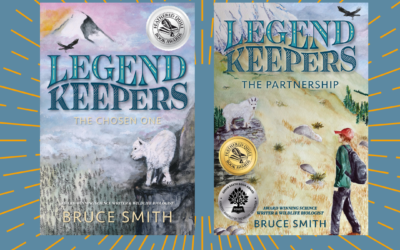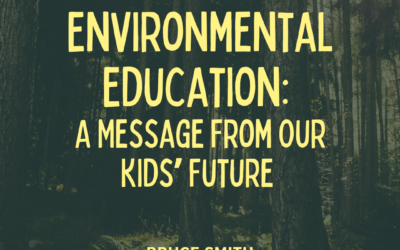Encouragement for Young Writers

April 10th is National Encourage a Young Writer Day–a few Hidden Shelf authors offer encouragement and advice to aspiring writers:
First, write, write, write. Keep a journal. Write thoughts and feelings. Write small descriptions. You would be surprised at how the muscle-memory of writing keeps events fresh in your mind for years! You’ll be using those impressions and descriptions all your writing life.
If you’re serious about writing, be serious about learning grammar. Do it now, while your youth makes it easier to learn. If you’re not getting this knowledge at school, take online courses. Seriously. I am a member of several online writers’ forums, and it is heartbreaking to see people with good ideas and much effort, working hard, and producing CRAP because they haven’t bothered to learn how our language works. Respect the art and craft of writing. English is a tool. Learn to use it with exquisite precision, and you’ll be rewarded with the gift of effortless writing—your writing will not be inhibited, shackled, muddied, and tangled by misuse of that tool.
When writing verse, free or rhyming, pay attention to the cadences of the words.
-Dana Stewart Quinney, Wildflower Girl
Honor the story you want to tell, it matters. Your story doesn’t have to resonate with everyone, but it still matters . Take criticism with a pinch of salt. Don’t be discouraged- but also make sure you make time for your writing, and constantly work on improving your craft.
-Sana Balagamwala, House Number 12 Block Number 3
-Ann Marie Stewart, Out of the Water
Your story is your story. No one can tell your story better than you! Trust yourself.
-Dr. Brian C. Johnson, Send Judah First
Recent Posts
Summer Reading 2023
Summer Reading List 2023
A book to read on a long flight. A book to read while lying in the hammock. A book to read while relaxing on the beach. A book to read when you wish you were relaxing on the beach. A guilt-free option for entertaining your children. A new summer read for your book club. A book to complete your summer reading bingo sheet or the summer reading challenge at your library.
Whatever it is you are looking for we listed a few suggestions to get you started.
Legend Keepers in the News
The Legend Keepers Series has won three awards due to its uniquely crafted narrative and important message– a blend of fantasy and fiction promoting an environmental message!
“I blended what we know about animals from research, and what we would like to know about animals but don’t — the stuff we imagine and wish we knew,” he said. “As a novelist, I have this freedom that I don’t have as a scientist writing nonfiction.”
Celebrating the Earth and Environmental Education: A Message From Our Kids’ Future
Science has the wonderful capacity to open young minds to possibilities. It prompts them to ask questions about the world they live in, especially the “how” and “why” questions.
I also believe that literature can enhance classroom science education. Both nonfiction and fiction—including eco-fiction—convey engaging and evocative examples of science in action. Such storytelling helps both young and old to see what’s possible. Stories inspire us to imagine what could be. We need to be able to imagine, to dream of the future we want. Only then can we seek and achieve it. This is our shared responsibility to future generations, and to planet Earth.



